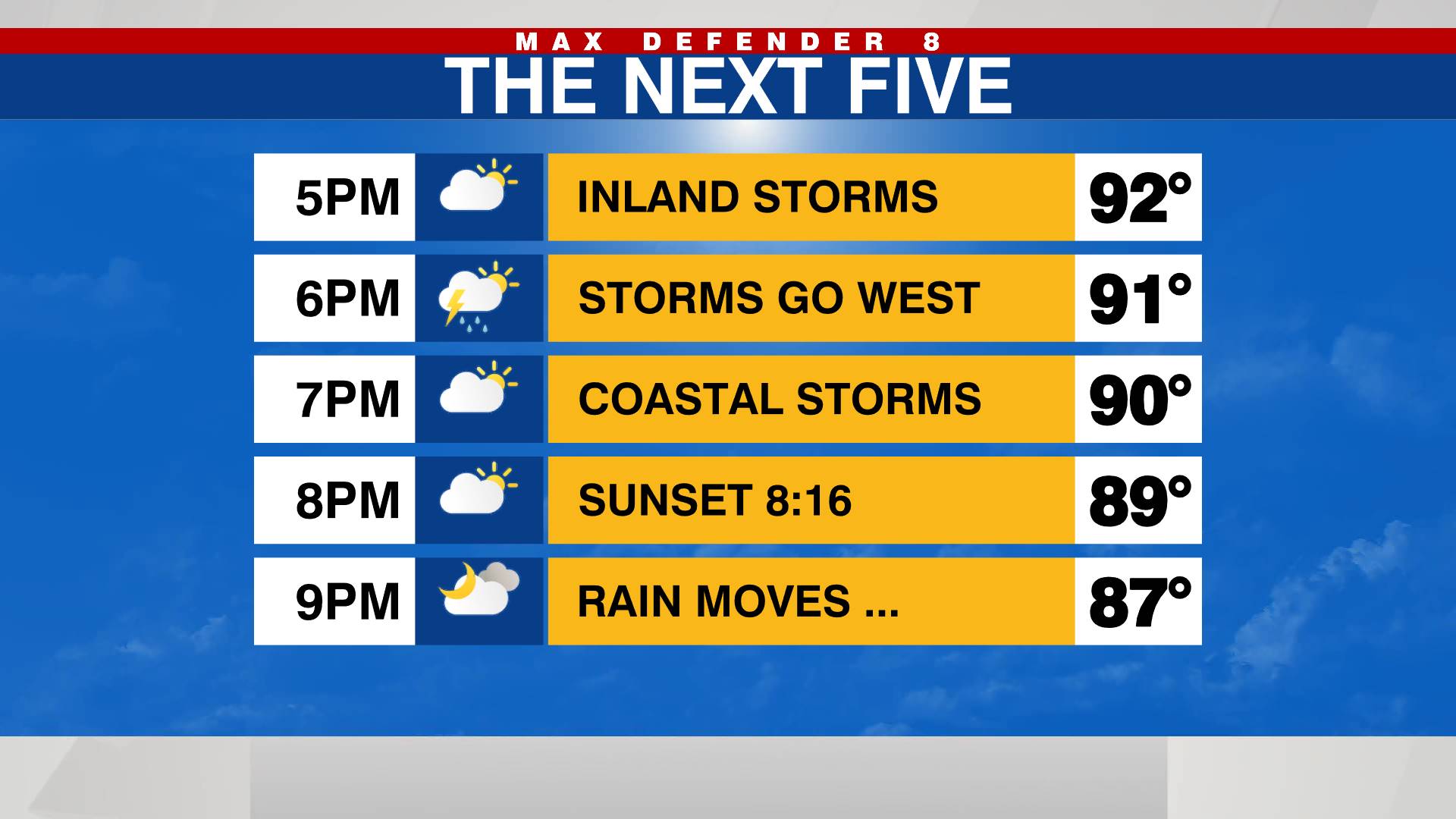Related video: ACLU joins legal fight to get recreational marijuana on Florida’s ballot
TALLAHASSEE, Fla. (WFLA) — Florida Attorney General Ashley Moody doubled down on her claims that a proposed amendment to the state constitution is too misleading to appear on the 2024 ballot.
In a brief filed with the Florida Supreme Court on Wednesday, Moody maintained that the Adult Personal Use of Marijuana initiative – which has collected over one million valid signatures – is invalid because it contradicts federal law.
According to the brief, Moody’s office argued that the ballot summary is misleading. The summary begins with the statement, “Allows adults 21 years or older to possess, purchase, or use marijuana products and marijuana accessories for non-medical personal consumption…,” but the Attorney General claims the amendment “would not actually allow anything,” because possession of marijuana is still illegal under federal law.
The bill’s sponsor, Smart and Safe Florida, reiterated in an earlier brief that the ballot summary is not misleading because it reads, in part, “Applies to Florida law; does not change, or immunize violations of, federal law.” When considering whether that sentence “eliminates the confusion caused by ‘allows’,” as it appears at the beginning of the summary, Moody simply stated, “It does not.”
The brief claims that because “most Americans cannot name a single Supreme Court justice,” according to a 2018 Newsweek poll, it is not reasonable to assume that the average voter understands marijuana is illegal on the federal level.
It is also worth noting the DeSantis administration has not held back from pushing back against federal law. Moody’s office sought legal action against the Biden administration multiple times in recent months. Smart and Safe Florida has claimed that Moody’s arguments in the recreational marijuana case reveal a “thinly veiled policy agenda.”
In the brief, Moody took aim at the company bankrolling the ballot measure, the state’s biggest Medical Marijuana Treatment Center (MMTC), Trulieve. Moody argued that the ballot initiative “entrenches the Sponsor’s monopolistic stranglehold on the marijuana market to the detriment of Floridians.” Trulieve accounts for nearly half of the state’s marijuana sales, according to the latest weekly report from the Office of Medical Marijuana Use.
Moody claims the ballot summary is a “bait-and-switch” that alludes to expanding state licenses beyond the current MMTCs. “This misdirection was no doubt engineered by the Sponsor to appeal to voters who wish to end MMTCs’ stranglehold on the State’s marijuana market,” Moody stated. She also argued the measure would free MMTCs from the current regulations imposed by the Florida Department of Health.
Some Florida medical marijuana patients have expressed similar concerns with the proposed ballot measure. Those patients say they would rather have the ability to legally grow their own marijuana for personal use (often referred to as “home grow”) and are weary of how MMTCs opening up to recreational customers would affect current patients.
The “home grow” proponents are considered to be a minority among the state’s nearly 836,000 medical marijuana patients. A separate ballot initiative seeking to allow patients to grow their own marijuana has zero valid signatures.
An opponent of the Adult Personal Use of Marijuana measure, the Florida Chamber of Commerce, filed its own brief supporting Moody’s arguments and requested oral arguments in the case.
Recreational marijuana measures made it onto the ballot in 2014 and 2016, but neither met the 60% threshold required to pass. The court rejected a recreational marijuana initiative in 2021 on the basis that the ballot summary did not address its contradiction with federal law.
Five of the seven current Florida Supreme Court justices were appointed by Gov. Ron DeSantis, who has indicated that he does not support legalizing marijuana federally or in the state of Florida.














